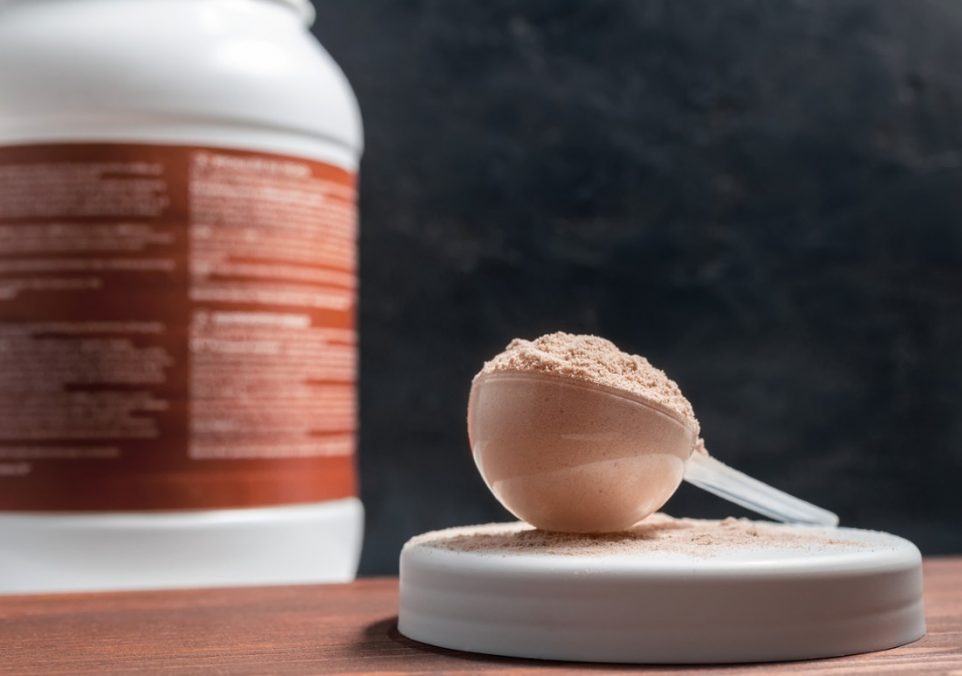What Is Whey Protein Concentrate and How Can It Help You

Are you looking to up your protein intake and boost your fitness performance? Then, you may want to consider adding whey protein to your diet. Whey protein concentrate is a type of protein powder that’s loaded with amino acids that are essential for muscle growth, fat loss, and overall health and wellness. In this post, we’ll go over the basics of whey protein concentrate, how it can help you in your fitness journey, and which types are the best for you.
What Is Whey Protein Concentrate?
Whey protein concentrate is a common type of protein supplement made from milk proteins. It is known for its high concentrations of essential amino acids, which are the building blocks of proteins. The most common source of whey protein concentrate is milk, but it can also be found in other dairy products such as yogurt and cheese. It is also often used as an ingredient in many sports supplements due to its wide range of health benefits.
Benefits
Whey protein concentrate has a number of benefits, including increased muscle growth, improved athletic performance, boosted energy levels, reduced appetite, improved bone health, and increased fat burning. Additionally, it is a rich source of branched-chain amino acids (BCAAs) which are important for muscle growth and recovery.
Sources
Whey protein concentrate can be found in many different forms such as liquid whey or powder whey. It is also available in several different flavors such as chocolate, vanilla, strawberry, and unflavored – perfect for a protein shake or baked goods! You can purchase whey protein concentrate from most health food stores, grocery stores, and online retailers.
Types of Whey Protein Concentrate
Whey Protein Isolate
Whey protein isolate is a form of whey protein concentrate that has been further refined to remove some of the fat and lactose content. This type of whey protein provides a higher concentration of amino acids than regular whey and is easier to digest. However, it can also be more expensive due to the added refinement process.
Hydrolyzed Whey
Hydrolyzed whey is another form of whey protein that has been broken down into smaller particles through the process of hydrolysis. This makes it easier for the body to absorb and use the nutrients in the whey protein more efficiently. However, hydrolyzed whey tends to have a bitter taste compared to regular whey so it may not be ideal for those who prefer sweeter flavors or have a sensitive palate.
Uses of Whey Protein Concentrate
Pre-workout Supplement
Whey protein concentrate can be used as a pre-workout supplement to provide your body with an extra boost of energy before hitting the gym or running track. The BCAAs present in whey can help delay fatigue during intense exercise sessions so you can get the most out of your workout session by lasting longer and performing better.
Post-workout Recovery
Whey protein concentrate can also be used as a post-workout supplement due to its ability to help replenish lost energy stores and repair damaged muscle tissue faster than carbohydrates alone. The amino acids present in whey also help reduce inflammation after an intense workout session so you can recover faster and get back into your routine with ease.
Effects of Whey Protein Concentrate
Increased Muscle Mass
Regular intake of whey protein concentrate can help increase muscle mass thanks to its high BCAA content which helps stimulate muscle growth when consumed during periods of intense physical activity or weight training sessions over time. It is important to note that in order for this to occur your daily calorie intake must remain adequate and consistent for optimal muscle growth.
Increased Fat Loss
Whey protein concentrate can also help reduce body fat. Protein helps to reduce your appetite by helping you feel fuller for longer. It also helps feed your muscles, leading to an overall increased metabolism over time. All this can aid you in your quest to reduce body fat.
How To Take Whey Protein Concentrate
Amount
Whey protein can be consumed before or post workouts. The recommended dosage for taking whey protein depends on an individual’s needs as well as their fitness goals; however typically speaking anywhere between one scoop (25g) – four scoops (100g) per day is usually sufficient enough depending on one’s goals desired when using such supplements correctly.
However, before adding any supplement to one’s diet, it’s best to speak with a medical professional or dietician.
Potential Side Effects
Digestive Issues
When taken in large quantities or without food, some people may experience digestive issues such as bloating or diarrhea due to the high amount of lactose present. It’s good to keep in mind that this effect is usually minimal and taking it with meals or in smaller servings should minimize discomfort.
Allergic Reactions
Since whey comes from dairy sources, people with allergies may experience allergic reactions after consuming products containing it. Always consult a doctor before taking any supplements containing dairy if you have a sensitivity to lactose.
Building a Stronger You
Supplement Institute is the fruit of extensive online publishing experience, spanning the breadth of SEO strategies to the nuances of paid advertisements. Our journey, marked by significant achievements and learning moments, inspires our core mission: to empower our readers with an abundance of information. By sharing insights and key learnings, we aim to provide you with the knowledge needed to navigate the complex world of supplements, helping you make well-informed decisions for your health and well-being. Welcome to Supplement Institute, where information is your greatest supplement.